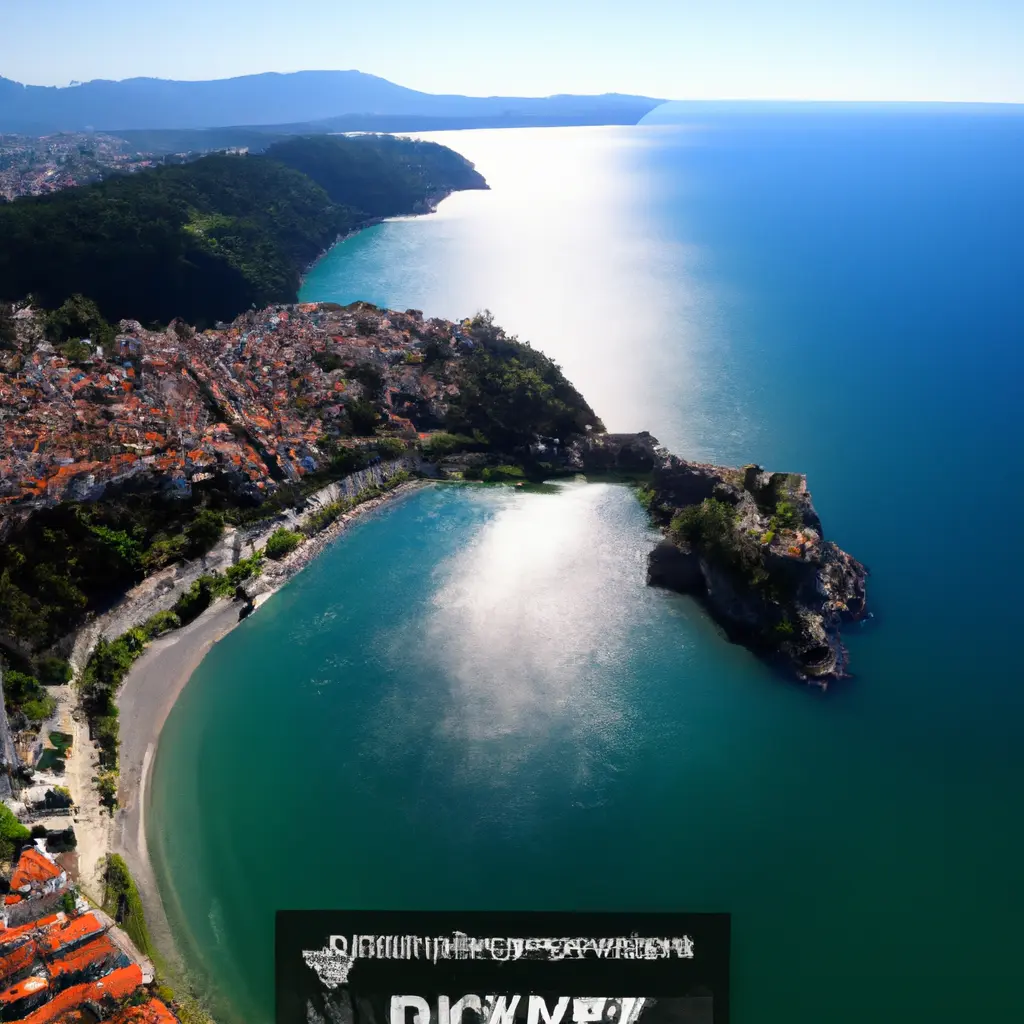Montenegro: the Germans have arrived

The Oberender family from Koburg in the Bavarian state of Bavaria visited Montenegro for the first time last June. Two months later, they bought a house in the coastal village of Utesha, near Bar. They returned briefly to Germany, only to replace it permanently with Montenegro.
"We were interested in many countries, Bulgaria, Hungary, even Mexico. When we were kids, we vacationed several times in Yugoslavia, in Dubrovnik. We have long liked the mentality of the people here, especially when they say, 'You work in Germany, but we live in Montenegro,'" Anja and Ralf Oberender say for DW.
They are both IT specialists and Ralf is an electrical engineer. Their daughters Hana and Ela have already gone to elementary school in Ulcinj and are learning Montenegrin, and their younger brother Max will soon follow suit.
They have put their house in Germany up for sale and are waiting for a buyer. Montenegro has an increasing number of Germans The Oberenders are just one of the German families that have moved to Montenegro in the last year. According to data from Montenegro's Interior Ministry, more than 700 German citizens are currently living in the country, which has about 600,000 inhabitants.
The increased interest of Germans in coming is also confirmed by the fact that last year German citizens and companies invested the most money of all foreigners in buying real estate in Montenegro. Foreign citizens and companies purchased real estate worth 370 million euros in the first 10 months of 2022, as data from the Central Bank of Montenegro show. In first place are the Germans with 57 million euros, followed by the unrivaled Russians with 50 million.
The government's economic citizenship program, i.e. obtaining a Montenegrin passport in exchange for investment, must have had an impact on this.
Bar Germans
"This is not a surprise to us because we have heard from many people that have bought houses in Montenegro or moved here," the Oberenders say, but they also note that Montenegro is not entirely a "paradise country" because some Germans have complained that they overpaid for their properties compared to their actual quality. Germans in Montenegro are mainly concentrated in Bar, so they are already called "Bar Germans".
The most famous of them is Michael Bader, who has been living in the village of Uteša for 15 years and is the "first help" for many compatriots when coming to Montenegro. So, he helped the Oberlanders, too. Bader lived in Germany near Koblenz, in the Rhine federal state, and after Montenegro's 2006 independence referendum, he bought one apartment in Montenegro, as he says, "purely for vacation." Since then he has been renting apartments and organizing excursions and tours in Montenegro with partners. He also founded the Future of Montenegrin Tourism Foundation. He focuses on tourists from German-speaking countries and, together with two other Germans, tirelessly promotes Montenegro as a tourist and cultural destination, especially proud of the promotion through German TV channels such as SAT 1, WDR, SWR and ARTE.
Some people sell everything in Germany and invest in Montenegro.




In addition to having much lower living costs, Montenegro is attractive to Germans because of the lower taxes for those who want to do business. They are mostly individuals or couples without children who mostly work online. The other category is those who focus on tourism. "There are Germans who sold everything in Germany and bought real estate to live and work in Montenegro. Others buy them as an investment for the future and are not always present, using the home only during vacations. And, of course, those who plan to engage in tourism are buying or building rental properties," Bader says.
The latest tourism research shows that as many as 3.8 million tourists from Germany are planning or considering visiting Montenegro in the next three years. For many, the "first gate" will be their compatriots in Bar. Bader says a very different society awaits them in Montenegro. "The people here are friendly, open and helpful to each other. "This is no longer the case in Germany, because everyone only looks at themselves," Bader claims, while he and other 'Bar Germans' try to contribute to the new community, which is why last year they donated money to the fire department in Bar after its heroic fight against fires.
Comment
Popular Posts
Popular Offers




Subscribe to the newsletter from Hatamatata.com!
Subscribe to the newsletter from Hatamatata.com!
I agree to the processing of personal data and confidentiality rules of Hatamatata







